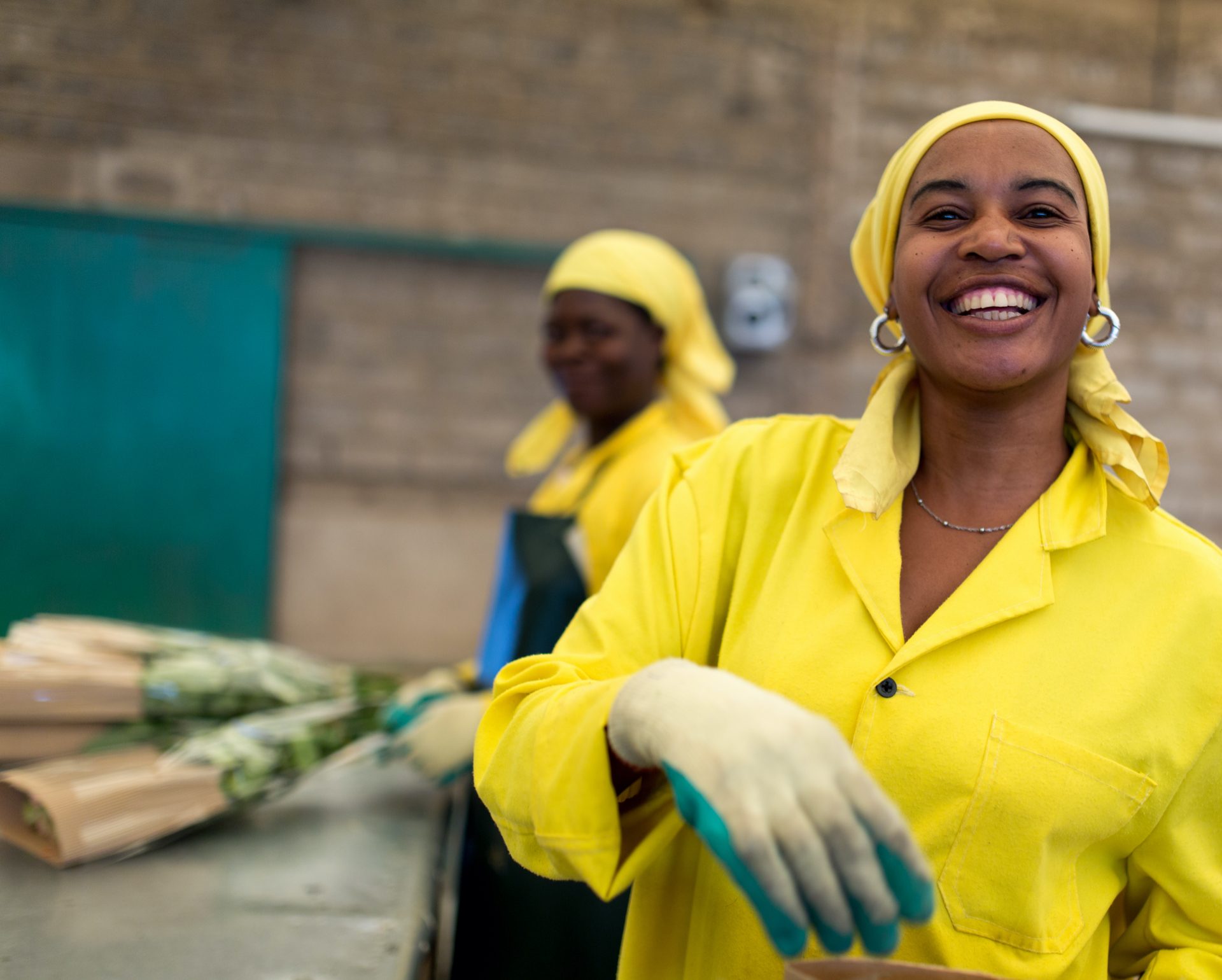Sustainable Development Goals 2020 Update
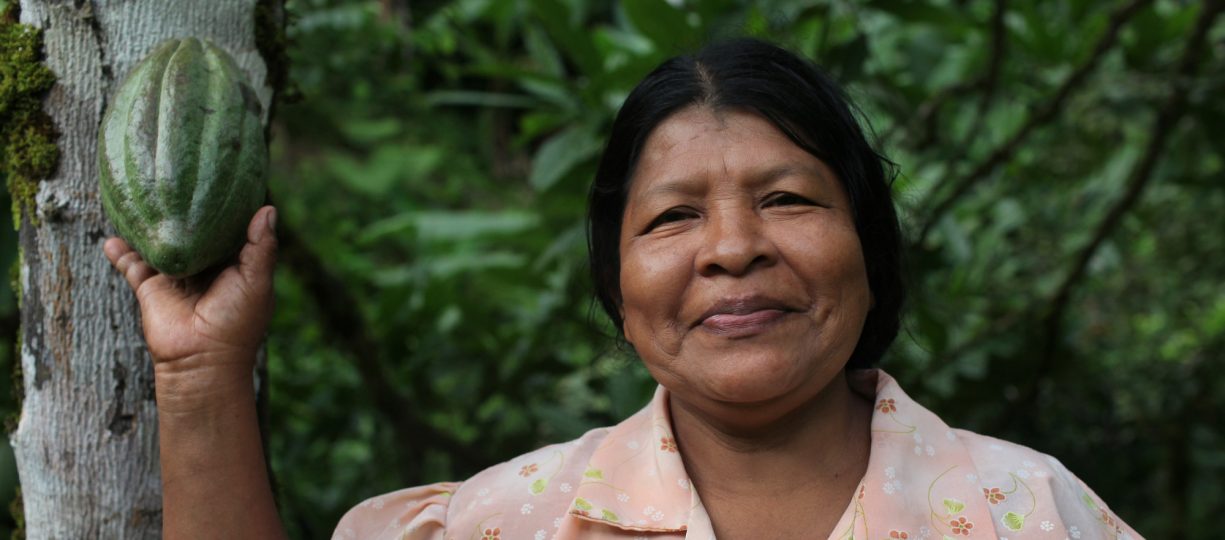
For three decades we have helped get fairer deals for farmers and workers in the Global South, and now we are a significant driver of the Sustainable Development Goals (SDGs).
The SDGs – adopted by the UN in 2015 – are an ambitious set of 17 global goals to achieve sustainable development by 2030. If reached, they have the potential to improve the lives of the 1.3 billion small-scale farmers and agricultural workers who produce the food and goods we all rely on. However, there is still a long way to go.
Despite progress, more than 780 million people still live below the international poverty line. 152 million children are still involved in child labor. Climate change threatens to reverse progress on all levels. Fairtrade has a crucial role in sustainable development. Nearly all the 169 targets which underpin the global goals are somehow related to food and farming. Fairtrade focuses on eight SDGs where we can really make a difference.
By the Numbers
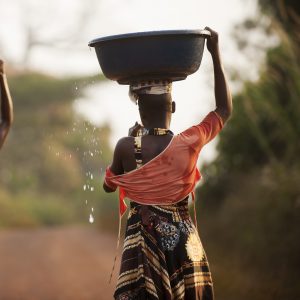
26% increase in household revenue for women Fairtrade cocoa producers in Ghana after diversifying into yam production.
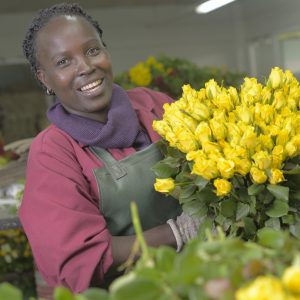
30% wage rise enjoyed by Fairtrade workers - most of them women - at Mount Meru flower farm in Tanzania.
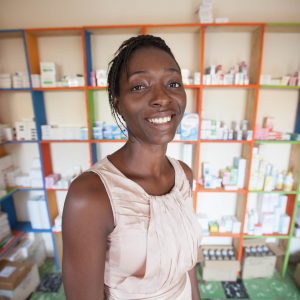
Fairtrade farmers and workers recieved €680 million in Fairtrade Premium from 2015-2018.
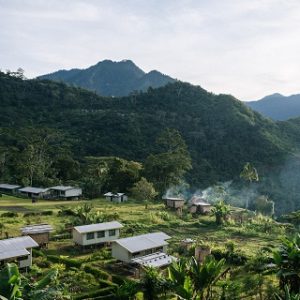
5.6+ million acres of land under production are growing Fairtrade crops.
We are not cheap labor, we are skilled human resources. We deserve respect and dignity. The Fairtrade Textile Standard empowers factory workers and enables them to improve their working conditions collectively.
Nazma Akter, Textile worker and activist in Bangladesh
Goals we are working towards
-
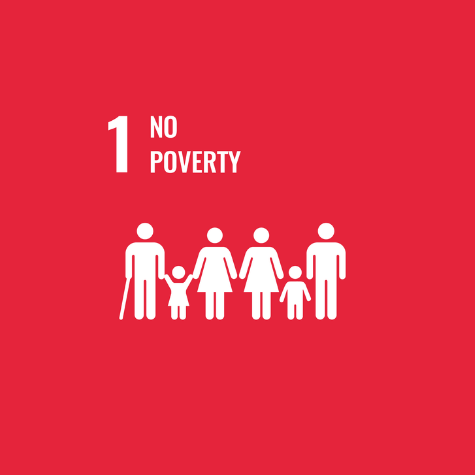
Decent incomes for farmers and workers
More on eliminating povertyEliminating poverty is at the heart of Fairtrade’s mission. Around 80% of the people living in extreme poverty are in rural areas. Through our unique pricing model, we protect farmers from pricing fluctuations, but we know this isn’t enough. That is why we are actively working towards living incomes.
From 2015-2018, farmers and workers have received €680 million in Fairtrade Premium.
-
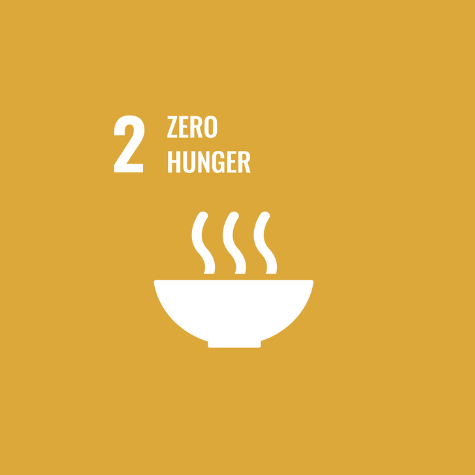
Combatting hunger with sustainable agriculture
Zero hunger starts with paying farmers a fair price. Small-scale farmers provide 70% of the world’s population with food and have a big role to play in ending world hunger – but only when they can get fair prices for their crops and the right support for their farms. Producers need financial stability to invest in their businesses, to ensure long-term food security for their families and communities and to pay their farm laborers a decent wage.
There are over 5.6 million acres being used to grow Fairtrade crops.
-
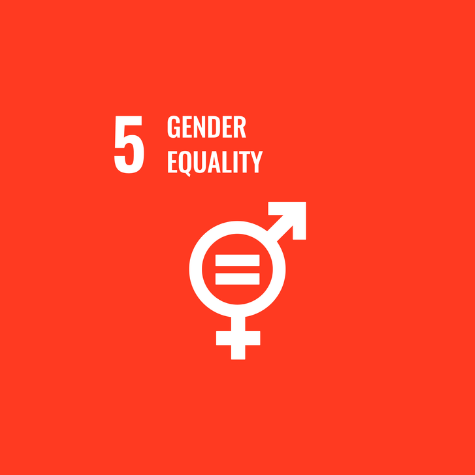
Closing the farming gender gap
More on gender equalityThe UN estimates that closing the gender gap in agriculture could cut the number of hungry people by up to 150 million.
Fairtrade supports women to participate equally in their organization’s decisionmaking, earn better wages and diversify their income, and tackles stereotypes of ‘women’s work’. Our standards prohibit gender discrimination, sexual harassment, and gender-based violence, set rules for parental leave, and rights for pregnant and breastfeeding women. We run gender leadership schools and facilitate seed funding for women’s initiatives.
-
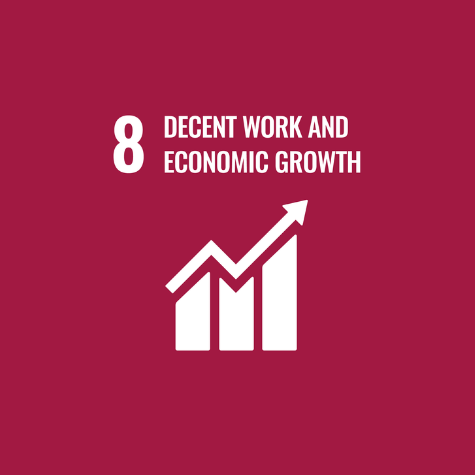
Decent work and decent conditions
More on child laborMillions of farmers and workers don’t earn enough to pay for their basic household needs, let alone save for retirement or a failed harvest. Human rights violations in supply chains are rampant including child and forced labor, sexual harassment and abuse, trafficking and discrimincation.
Our standards prohibit child and forced labor, proactively promote better working conditions and better terms of employment.
-
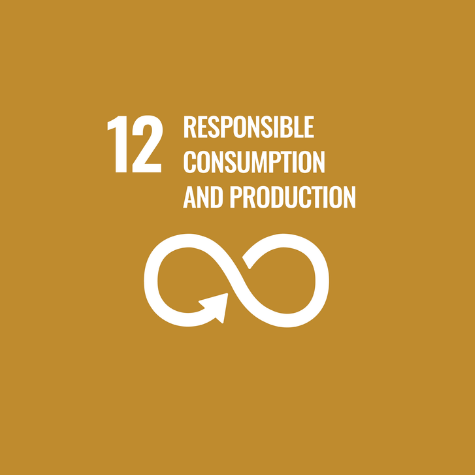
Rethinking Production and Consumption
We are part of a network spanning over 100 countries, connecting 1.7 million farmes and workers, 4,000+ businesses and countless shoppers. We are more than a label, we are a movement committed to making consumption and production better for people and the planet.
Fairtrade is the only ethical label with a Trader Standard promoting fairer behavior by traders and buyers. This includes transparent contracts, fair prices, openness about sourcing and market prospects, prefinancing for producers and compliance with labor and environmental law.
-
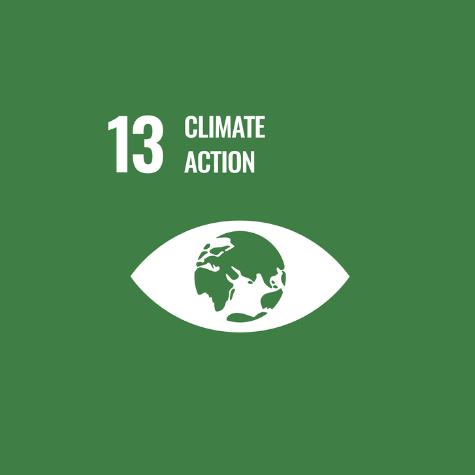
Changing trade in a changing climate
More on climate changeClimate change is not a distant future for farmers, it is a current reality.
Fairtrade enables farmers to better withstand these climate shocks and stresses through our environmental and climate standards, premiums, carbon credits and climate academies. We are working directly with farmers to both protect the environment and prepare for future impacts of the climate crisis.
-
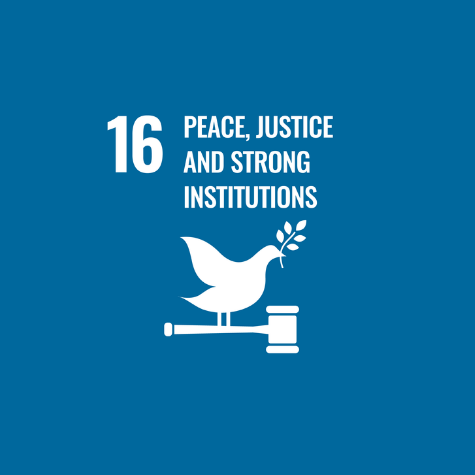
Democracy in Action
More on how it worksFairtrade builds democracy from the ground up. We are the only global ethical label 50 percent owned and run by farmers and workers themselves.
Per the Fairtrade Standards, certified must be democratic, transparent and inclusive. They decide for themselves how to spend the Fairtrade Premium, whether improving productivity or addressing their community’s sustainable development priorities.
-
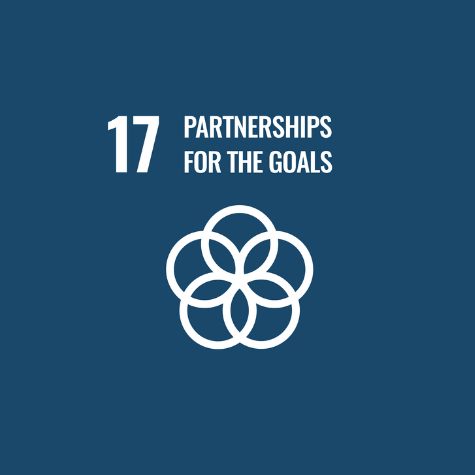
Working together for trade justice
Global supply chains favor big business over small-scale farmers. For trade justice to take root, we collaborate with people along the supply chain, trade unions, consumers, campaigners, governments and NGOs to affect change.
For example, the Fairtrade Access Fund, a partnership between Fairtrade, Incofin Fund Management and Grameen Foundation, has disbursed more than $128 million to date to smallholder cooperatives.
Fairtrade shows that it is possible to rebalance trade, to tackle poverty, inequality and exploitation while at the same time delivering successful, sustainable, large scale trading within commercial markets.
Marike de Pena

